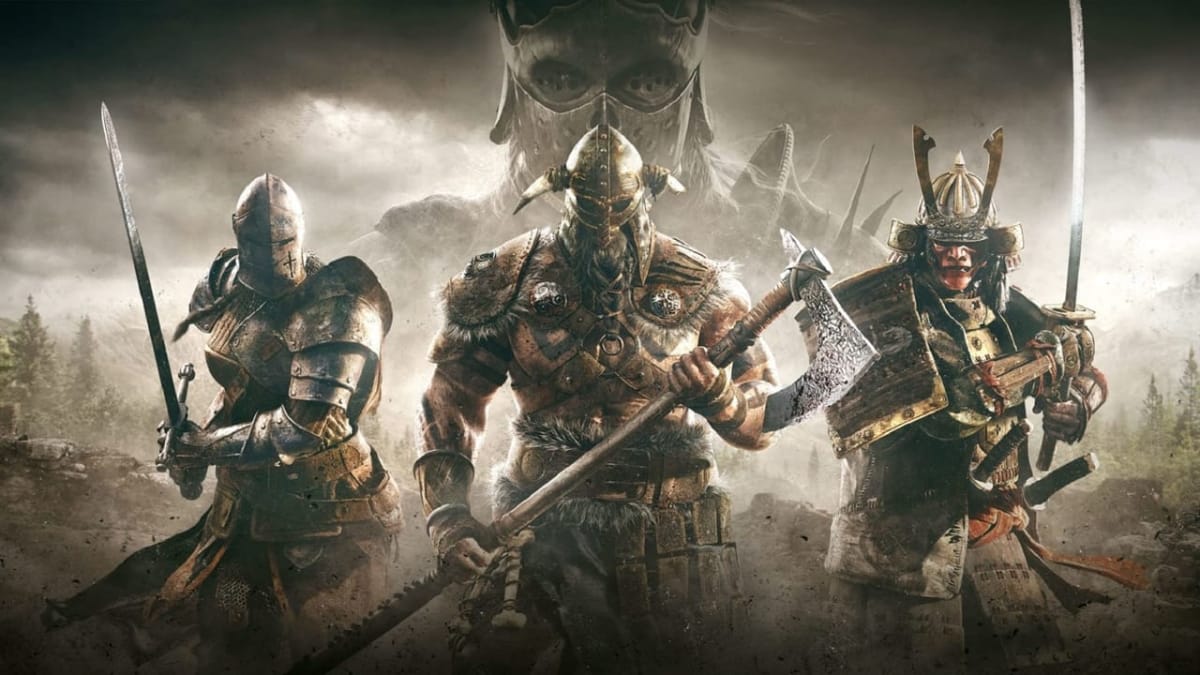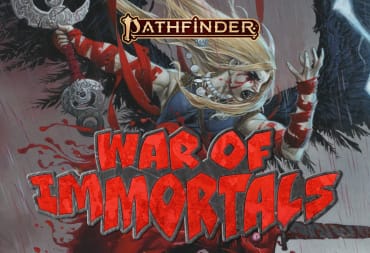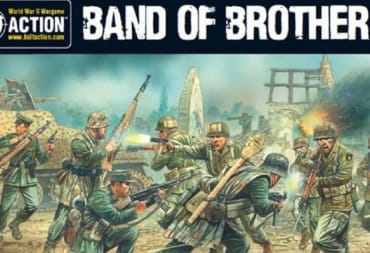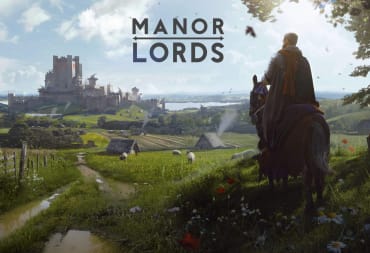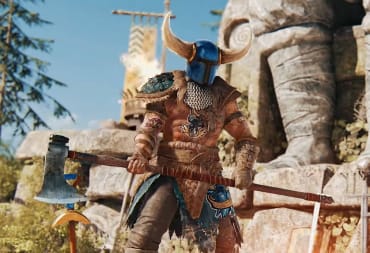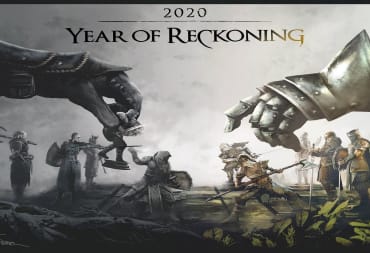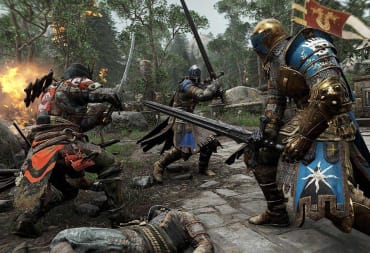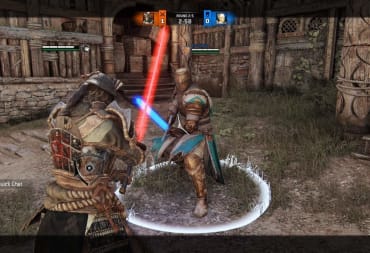Ubisoft isn't a developer/publisher known for taking many chances. They have a formula for open-world games (appropriately dubbed the "Ubisoft formula"), and they tend to stick to it. However, every now and then, an Ubisoft game manages to break away from this formula and try something new and different. For Honor is that kind of game.
While For Honor isn't necessarily genre defining, nor is it revolutionary, that doesn't mean the game isn't refreshingly unique. As many of us expected it to be, For Honor's combat system is truly something spectacular. Less expected, however, was the game's robust amount of customization options and interesting story campaign. Some aspects of the game may be lackluster, like its cookie-cutter maps and handful of less-than-stellar game modes. While these flaws may not be fatal themselves, add the fact that For Honor has consistent network problems and a serious lack of replay value that needs to be addressed, and For Honor begins to find itself standing on unstable ground.
While the biggest allure of For Honor for many people might be the game's multiplayer, its campaign is a welcome surprise. It manages to be more than just a throwaway side note. Not only did I have fun playing through the story, which isn't very long, but the story added something to the game overall, which is possibly even more important.
What I mean by this is that the game's campaign manages to improve its multiplayer and metagame. Throughout the story, you get to play as different heroes from each faction. Even the heroes you don't get to play as make appearances in the campaign. That means that when you play For Honor's multiplayer after beating the campaign, the heroes are more than just empty avatars. While the campaign doesn't have lore-building as deep as a game like the Witcher 3, it has enough to make you care more about the maps you're fighting in and the heroes you're fighting as.
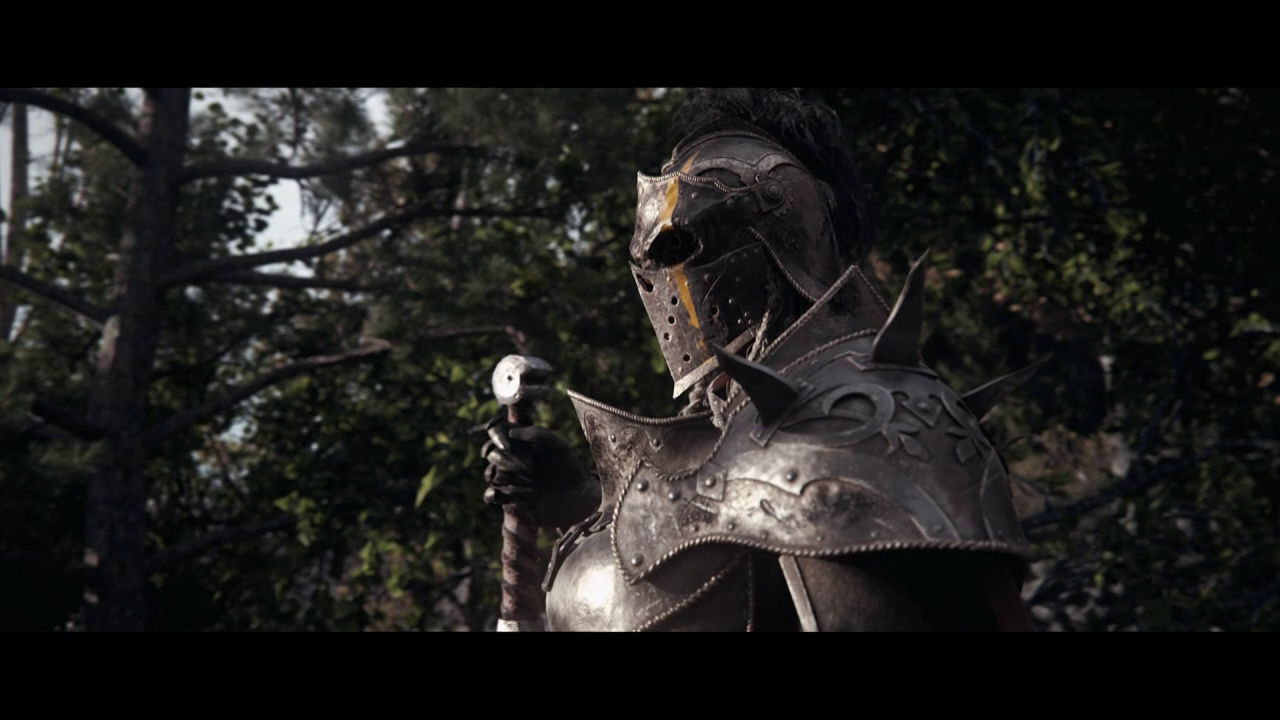
For Honor's campaign is a welcome surprise, but it likely will only constitute a small portion of your overall time with the game. The bulk of your time will be spent on multiplayer. That multiplayer includes 12 playable heroes - four from each faction - and five game modes. The game modes include a 1v1 Duel, a 2v2 Brawl, a 4v4 objective-based game mode called Dominion, a 4v4 team deathmatch mode called Elimination, and a 4v4 mix of domination and elimination called Skirmish. Also, all game modes can be either PvP or against AI bots.
As for the game modes themselves, it tends to be hit or miss. Duel, Dominion, and Elimination are all well thought out game modes and worth playing. The maps fit perfectly because they seem to have been developed with these modes in mind, and there is an incentive to play all three modes because of how vastly different each one is from the other. The same cannot be said about the Brawl and Skirmish game modes. Brawls often seem unfair since your fate lies in the hands of your teammate more often than not. I saw little reason to ever play Skirmishes considering I could get more value out of the other 4v4 modes that Skirmish seemingly tries to imitate. Not to mention that Skirmish games tend to drag out far longer than one would like them to.
However, the heart of For Honor lies in its duels. What better way to showcase the game's innovative and intuitive combat system that with a one-on-one fight to the death. Duels are all about reading your opponent, predicting their moves, and countering to the best of your ability. For those unacquainted with For Honor's combat, it's much deeper than simply pressing a single button to attack or block. Instead, you need to move your analog stick or mouse in the direction you want to attack, block, or shove. You also need to take into account the different abilities and combo chains of each hero. All this together makes for one of the deepest combat systems I, personally, have ever played in a game. It might be the closest you'll ever get to actually dueling somebody with a sword and shield in your entire life.
Possibly even more surprising than how much I enjoyed For Honor's combat was how intuitive that system was. In a matter of minutes, I was ready to start fighting. However, by no account was I an expert right off the bat. Each hero in For Honor is easy to learn, yet difficult to master, arguably just the way it should be. The campaign is another way to get yourself more acquainted with each hero, but, for better or worse, it's up to you to go out and do the research to learn how to master each hero.
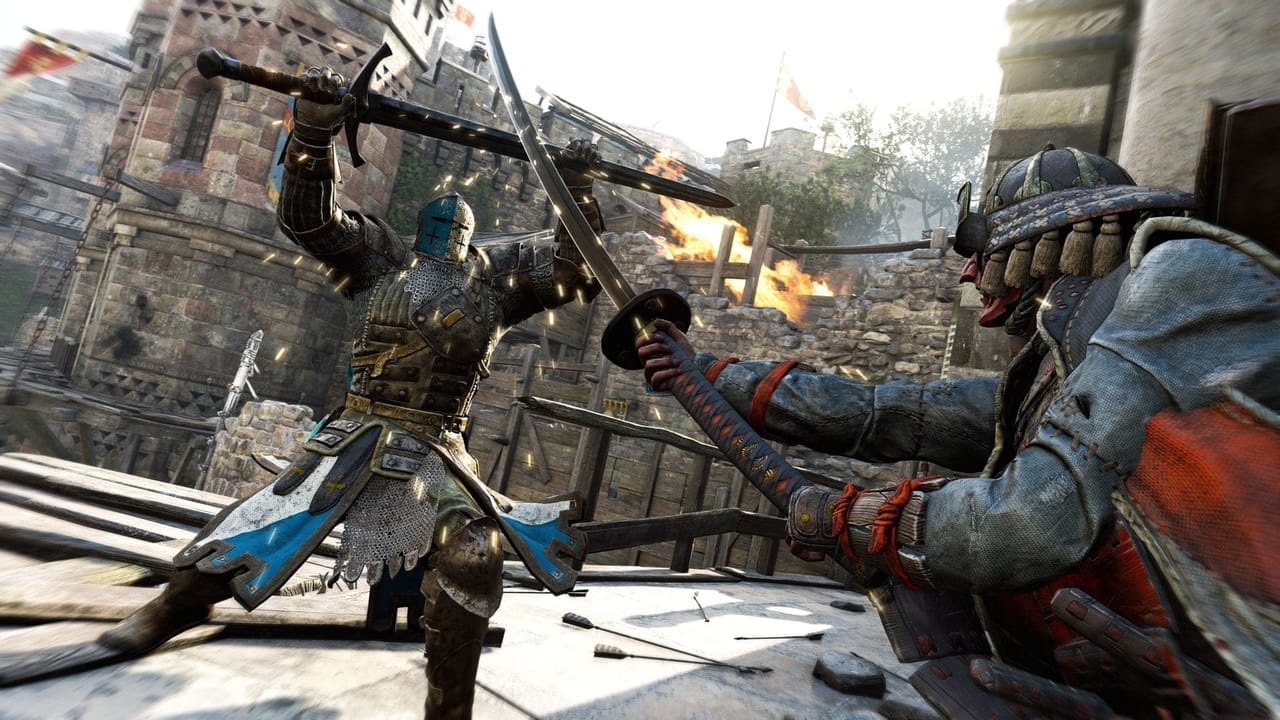
For Honor's combat system would be nothing without an enjoyably varied hero pool, and For Honor delivers in that aspect. While some heroes share similarities, they all play extremely differently from one another, and every hero can be beat by any other hero. Yes, some matchups may favor one side over the other, but that never means that you're destined to lose. If you're patient and calculated, you can win, and if you're reckless and rash, you might lose.
In this way, For Honor is more like a fighting game than it is a third-person action game. At first glance, you might get the impression that For Honor is a hack-and-slash along the lines of Dynasty Warriors, when in reality, it's more along the lines of Tekken or Street Fighter.
One thing that For Honor has over these other games, however, is its deep customization options. Going into the beta, I didn't expect heroes to be customizable and upgradable, but this is not the case at all. Almost every aspect of a hero's armor or weapon can be changed, and not just cosmetically. For example, equipping a new hilt for your sword might give you higher attack stats, but cost you faster stamina depletion while fighting. You always have the choice of how you want your hero to play, deciding if you'd rather be a jack-of-all-trades or min-max your stats for maximum efficiency.
Customization options are all available for purchase using the game's in-game currency, Steel, which you receive after ever match. You can use Steel to purchase cosmetic upgrades or loot packs that contain weapon and armor upgrades. Or, you can spend real money on microtransactions that give you some of the upgrades immediately, or you can buy Steel to purchase things individually. The real reason I'm bringing this up is to emphasize that throughout my entire play-through with the game, I never felt like I was at a serious disadvantage with my gear. Microtransactions are there if you want them, but otherwise, they don't have any effect on the game overall and you can continue playing For Honor without investing any more money into the game. All content like new maps and heroes will also be free.
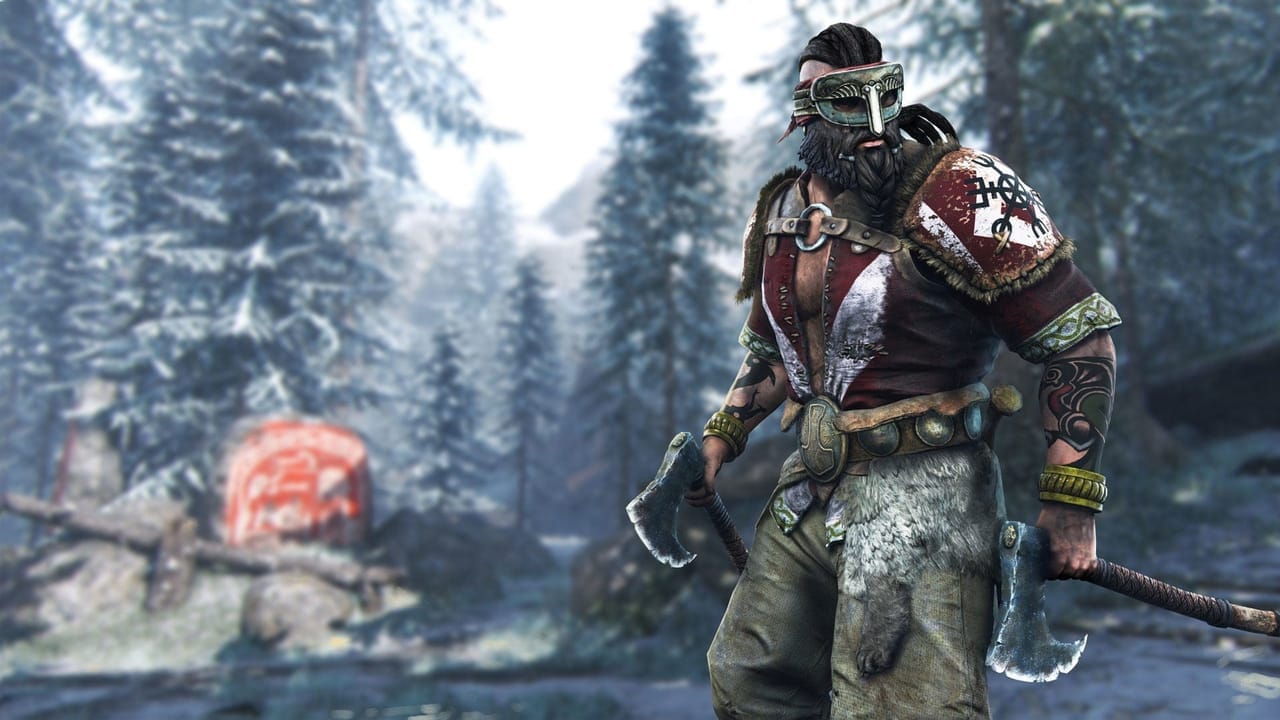
Another pleasant surprise in For Honor is the game's metagame system, or what it calls the Faction War. After every multiplayer match, you receive a number of troops to place on a game board, depending on how well you did that match. You can add troops to a "war front" to help your faction conquer and defend new territories. It's a small feature that's likely to be overlooked by many, but it kept me all the more invested in the games I played.
Up until now, you might be thinking that For Honor seems like a spectacular, almost perfect game. That's partly due to the fact that For Honor makes a great first impression on anyone playing the game at first, but dive a little deeper and you'll see that For Honor has some major dents in its armor.
The most glaring issue in For Honor is a fixable one, but just as damaging nonetheless. I'm referring to the game's numerous and consistent network issues. I've been kicked out of matches numerous times since launch, and it truly did start to take its toll on my overall enjoyment of the game.
As some of you may already know, For Honor uses peer-to-peer (P2P) networking rather than a dedicated server. While P2P networking has its advantages, its flaws seem to appear far more often in-game. Using P2P means that every time somebody leaves during an online match, the action must stop for the game to reconfigure the session. This happens at least once every couple of games, sometimes even multiple times in one match. It's distracting, frustrating, and constantly breaks up the flow of the game. In For Honor, being tactical is one of the most important aspects of combat, and constant network issues continually disrupt this vital feature.
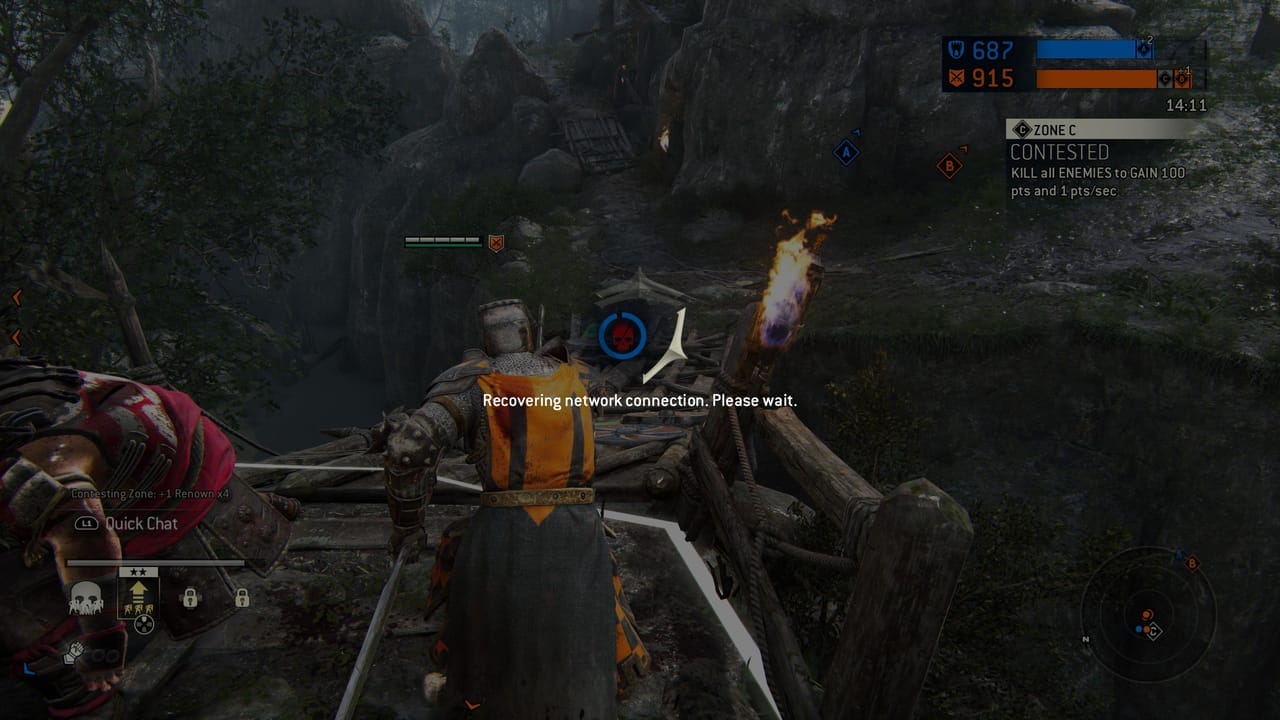
The frustrations and annoyances from For Honor's network issues lead into the game's other fatal flaw, which is its replay value. Every hiccup I encountered while playing For Honor made me less and less excited to jump in and play the game as the days went on. Like I said earlier, For Honor makes a fantastic first impression. It's the closest you might have ever gotten to being a real knight, samurai, or Viking. And yet, there's only so many times you can fight the same battles as the same 12 heroes before the initial charm wears off. Every duel and battle is different, yes, but not vastly different.
This isn't to say that this particular problem can't be fixed or mended down the line. Many people (including our reviewer) thought similar things about Rainbow Six: Siege, but Ubisoft's continued support for the game helped give people a reason to continue playing. For Honor doesn't have that support. Not yet at least.
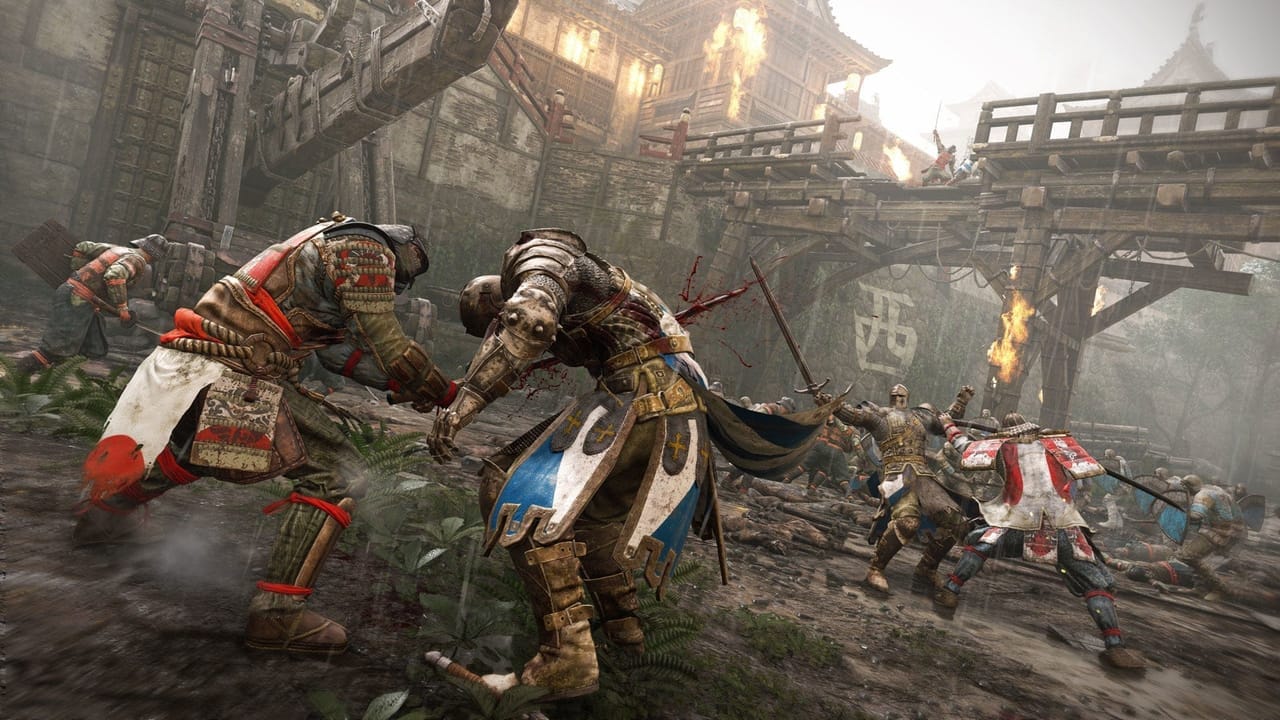
For Honor brings many new things to the table, its combat most of all. I have no doubt that this is something that other games will try to copy in the future, and that's something to look forward to. For Honor has other things going for it as well, including its customization options, story campaign, and metagame. Still, there are aspects of the game that fail to not only raise the bar but even come close to the bar. Mainly, its constant network problems and lack of replay value hold For Honor back from being a truly spectacular and commendable game, at least for now.
TechRaptor was given For Honor for the purpose of review. It was reviewed on PlayStation 4, and is also available on Xbox One and PC via Steam and UPlay.
Review Summary
The ingredients for a great game are all there in For Honor, and many of those ingredients are put to good use. However, it is by no means a perfect game, and many of its flaws are fatal. There is an audience for For Honor, but it might be more niche than Ubisoft was expecting.
(Review Policy)Pros
- Unique Combat System
- Intriguing Metagame
- Plenty of Customization
- Surprisingly Good Campaign
Cons
- Network Issues
- Lack of Replay Value
Have a tip, or want to point out something we missed? Leave a Comment or e-mail us at tips@techraptor.net
